
Good news! A new nondiscrimination ordinance has been enacted in a North Carolina county, extending protections to LGBTQ+ individuals.

Good news! A new nondiscrimination ordinance has been enacted in a North Carolina county, extending protections to LGBTQ+ individuals.
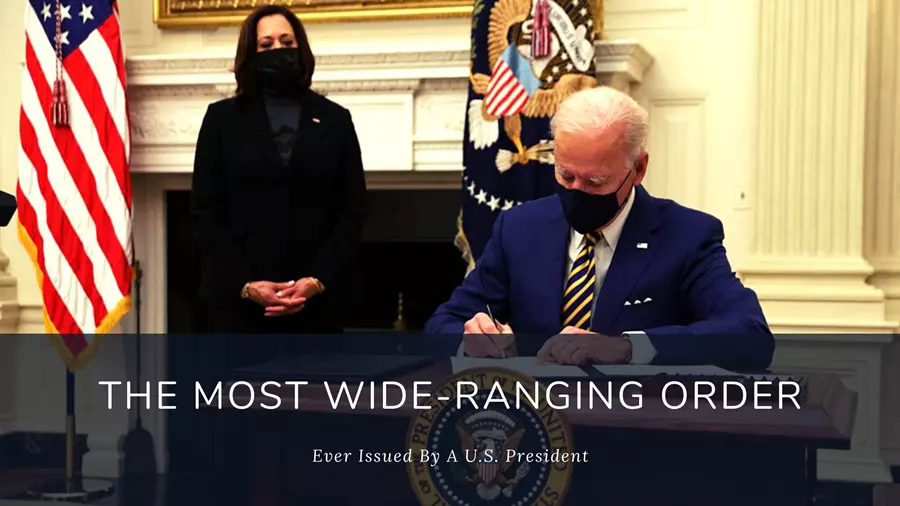
President Joe Biden has taken a significant step by signing an executive order aimed at safeguarding LGBTQ individuals from discrimination.

The recently approved nondiscrimination ordinance by the Charlotte City Council represents a significant milestone for LGBTQ rights in North Carolina and underscores Charlotte's ongoing commitment to fostering an inclusive and protected environment for all its residents.
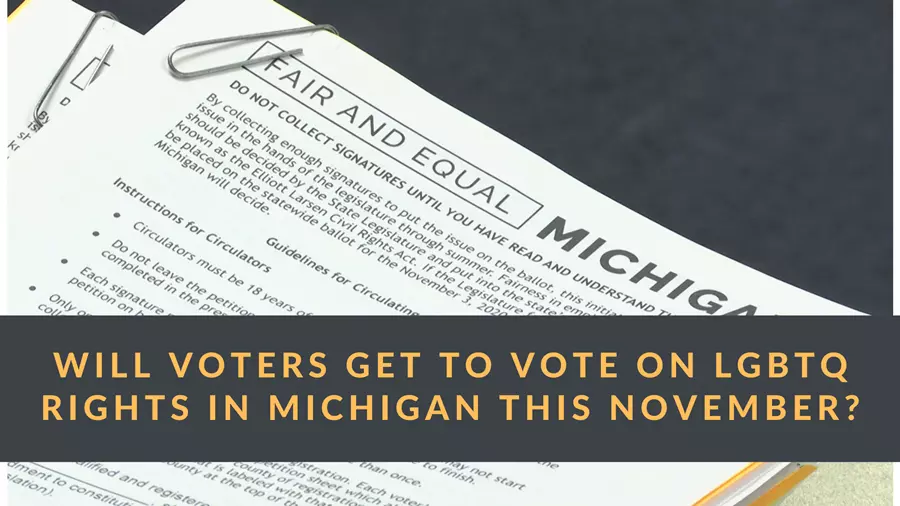
Michigan's LGBTQ community faces uncertainty as the state's board of canvassers delays certification of a petition for the November ballot, which seeks to extend protections for sexual orientation and gender identity under the Elliott-Larsen Civil Rights Act.

As the storm of anti-LGBTQ legislation sweeps through Arkansas, a ray of hope emerges in North Carolina, where legislators and Equality NC unveil four pro-LGBTQ bills, igniting a beacon of progress.
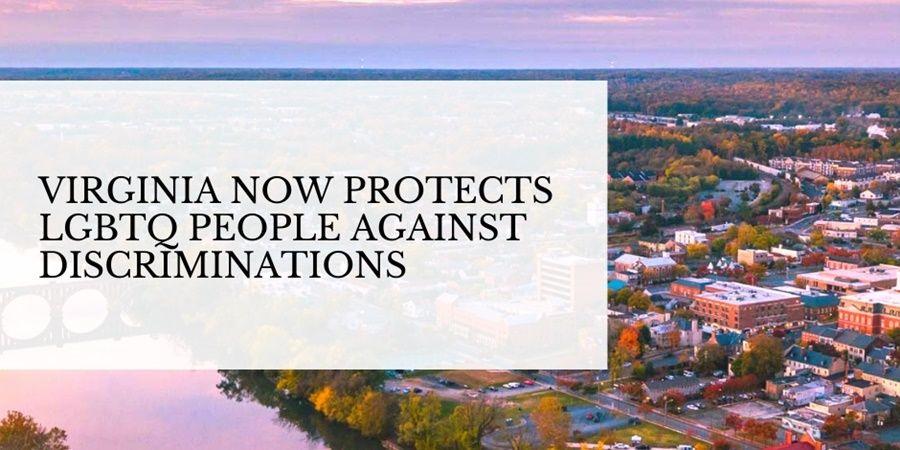
257,400 LGBTQ adults live in the state of Virginia and until now, they have had no protection from discrimination as the law only protects on the basis of race, religion, and sex.
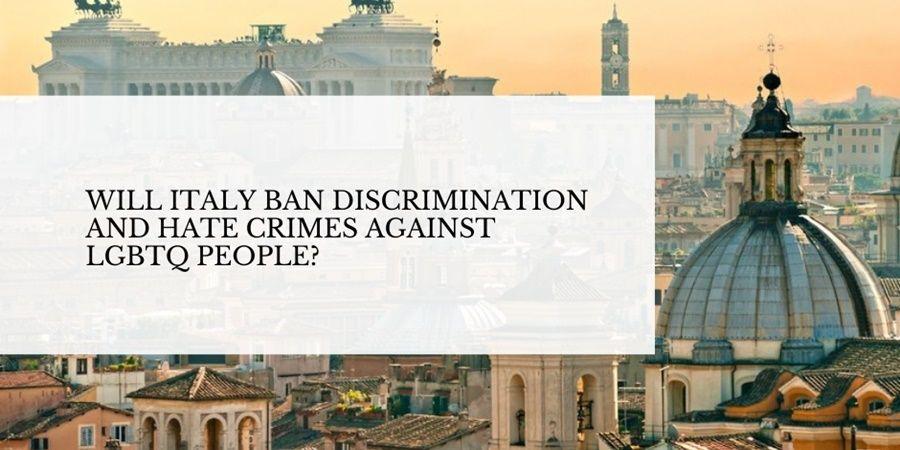
As Italy navigates the path of progress, a pioneering bill emerges to protect the LGBTQ+ community from discrimination and hate crimes.

Big news for the LGBTQ+ community in Michigan!
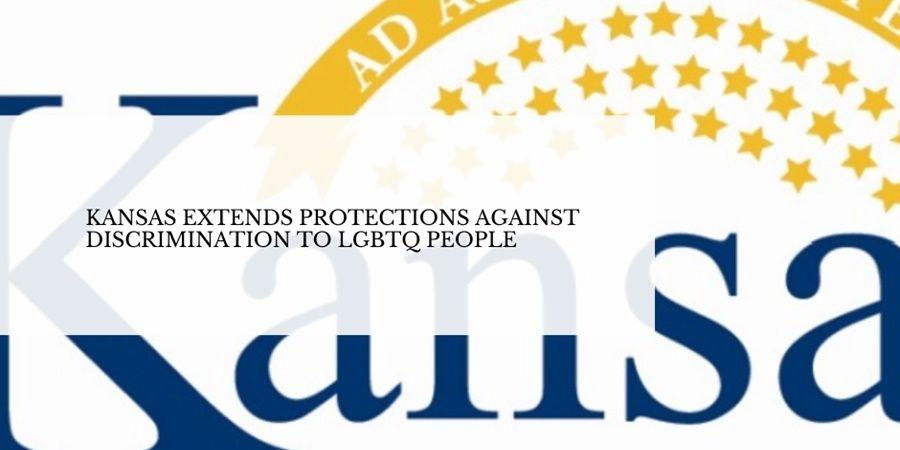
The US Supreme Court's stance against LGBTQ worker discrimination is making waves nationwide, leading to advancements in LGBTQ protections in Kansas.
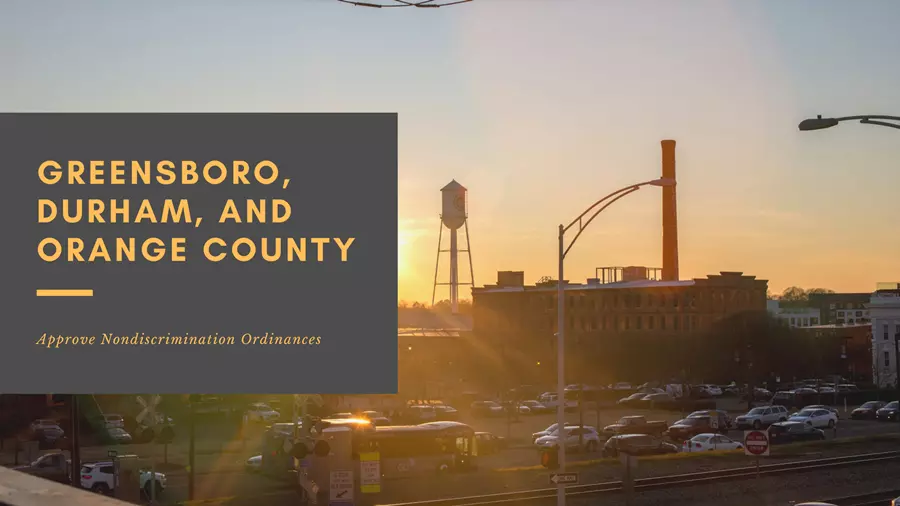
We had seen that the moratorium that prevented the passage of nondiscrimination legislation in North Carolina ended on December 1, 2021, and we had seen that Hillsborough, Carrboro, and Chapel Hill had decided to protect LGBTQ people by immediately passing ordinances to prevent discrimination based on sexual orientation or gender identity.
I have more good news today as two new and significant cities, Greensboro and Durham, which are among the largest cities in the state, and Orange County have passed similar ordinances.
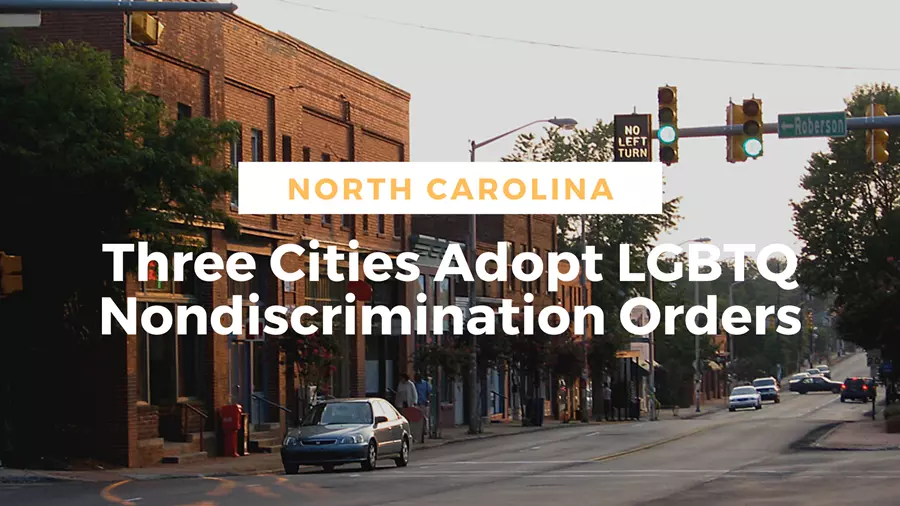
On December 1, 2020, the moratorium on nondiscrimination orders expired in North Carolina and people were wondering what the hell was going to happen, but today, I have three good news.
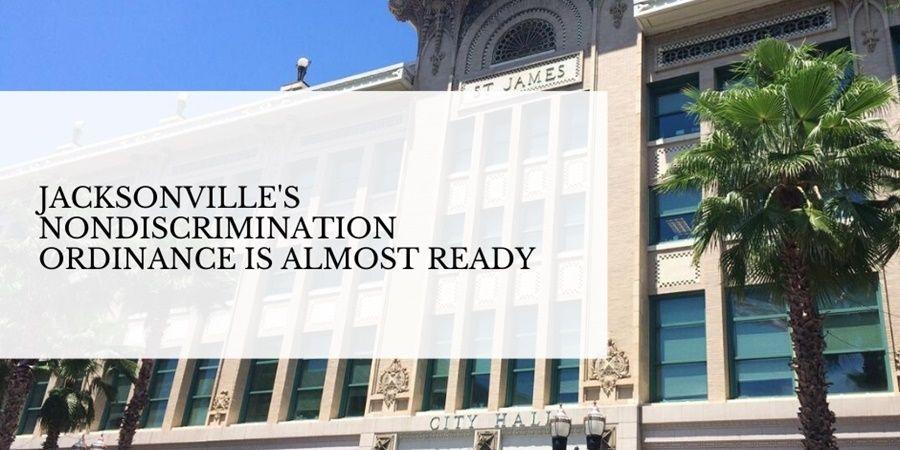
Last month, in Florida, Jacksonville City Council wanted to protect the LGBTQ community from discrimination but went a little too fast.

After 37 years of work, LGBTQ groups may be on the verge of accomplishing what they have not been able to do before.
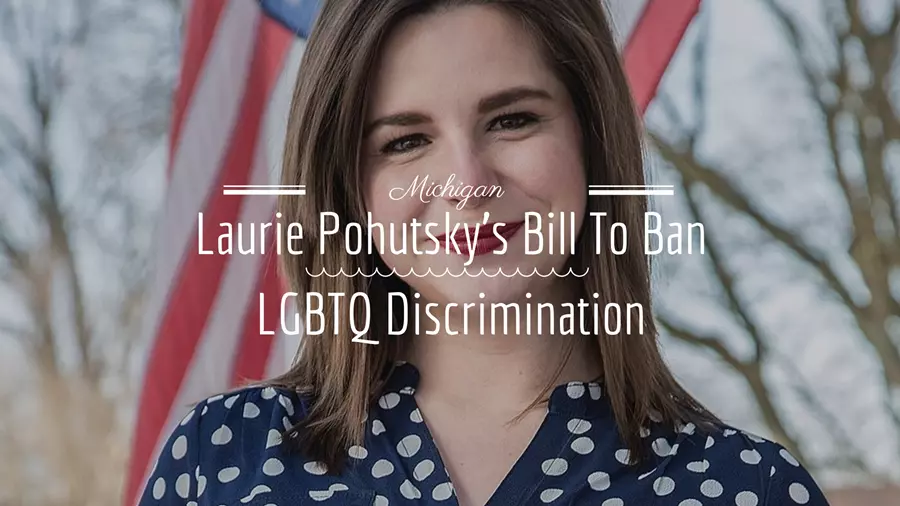
A wind of change is blowing in Michigan for LGBTQ rights: new legislation may soon offer enhanced protection against discrimination.

Pennsylvania may be on the verge of banning discrimination against LGBTQ people.

Anticipation grows as we await the unfolding events in North Carolina, following the expiration of the state's ban on cities penalizing local businesses for LGBTQ discrimination.
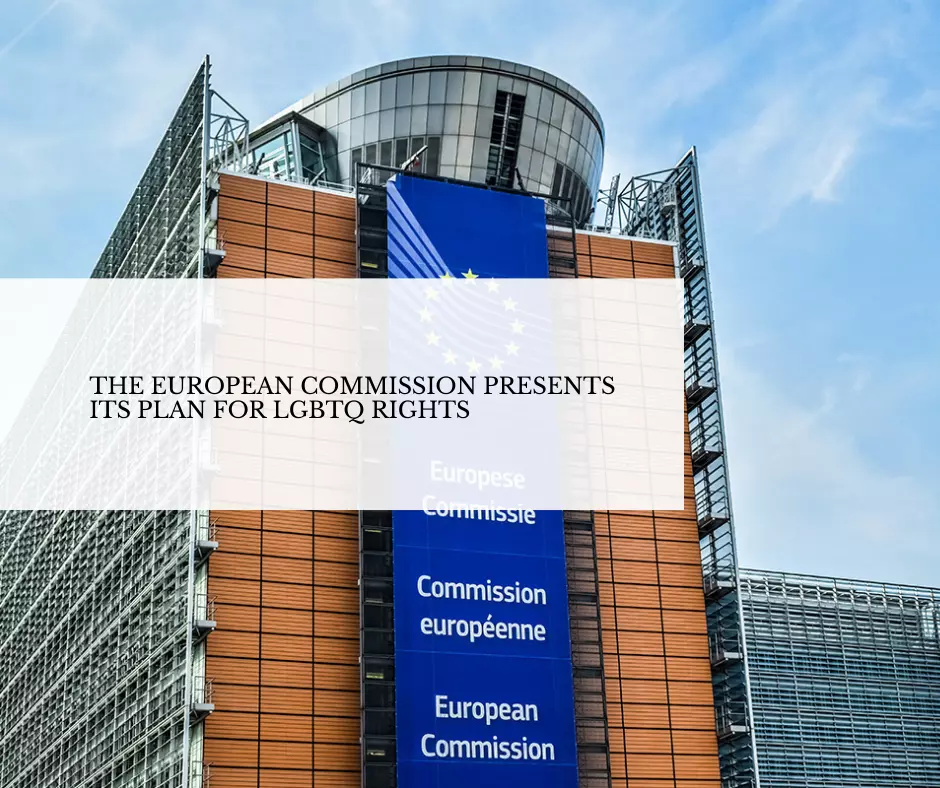
We have gained insights into the European Commission's proposed plan for advancing LGBTQ rights.

The initial phase of the nondiscrimination bill to protect the LGBTQ+ community in Italy has been triumphantly approved.
In 2011 and 2014, which will forever remain historic moments, Japan has signed UN Human Rights Council resolutions calling for an end to violence against LGBTQ people and discrimination based on sexual orientation and gender identity.